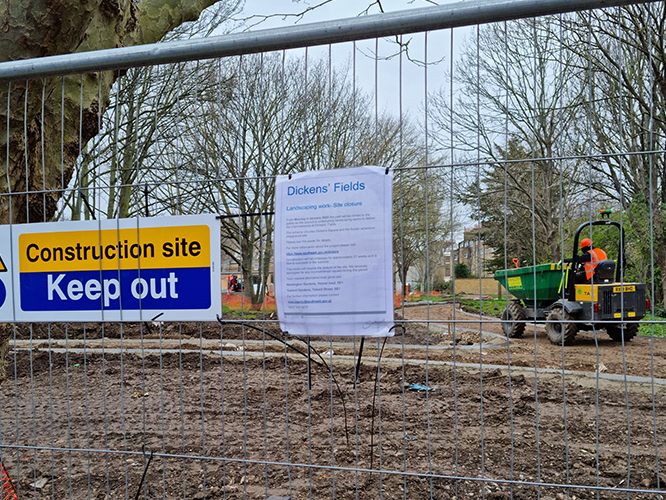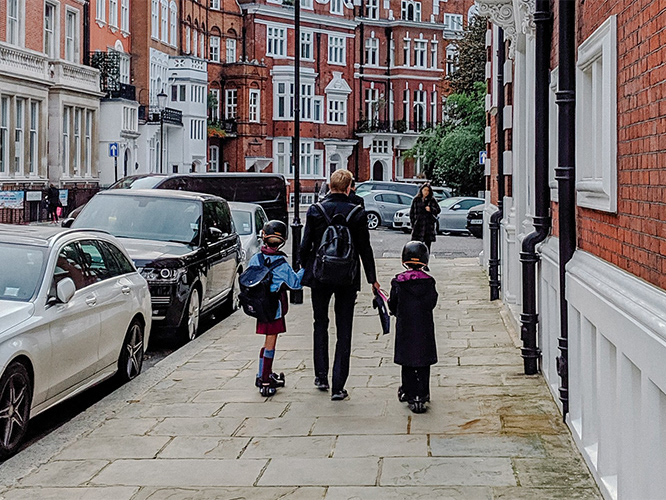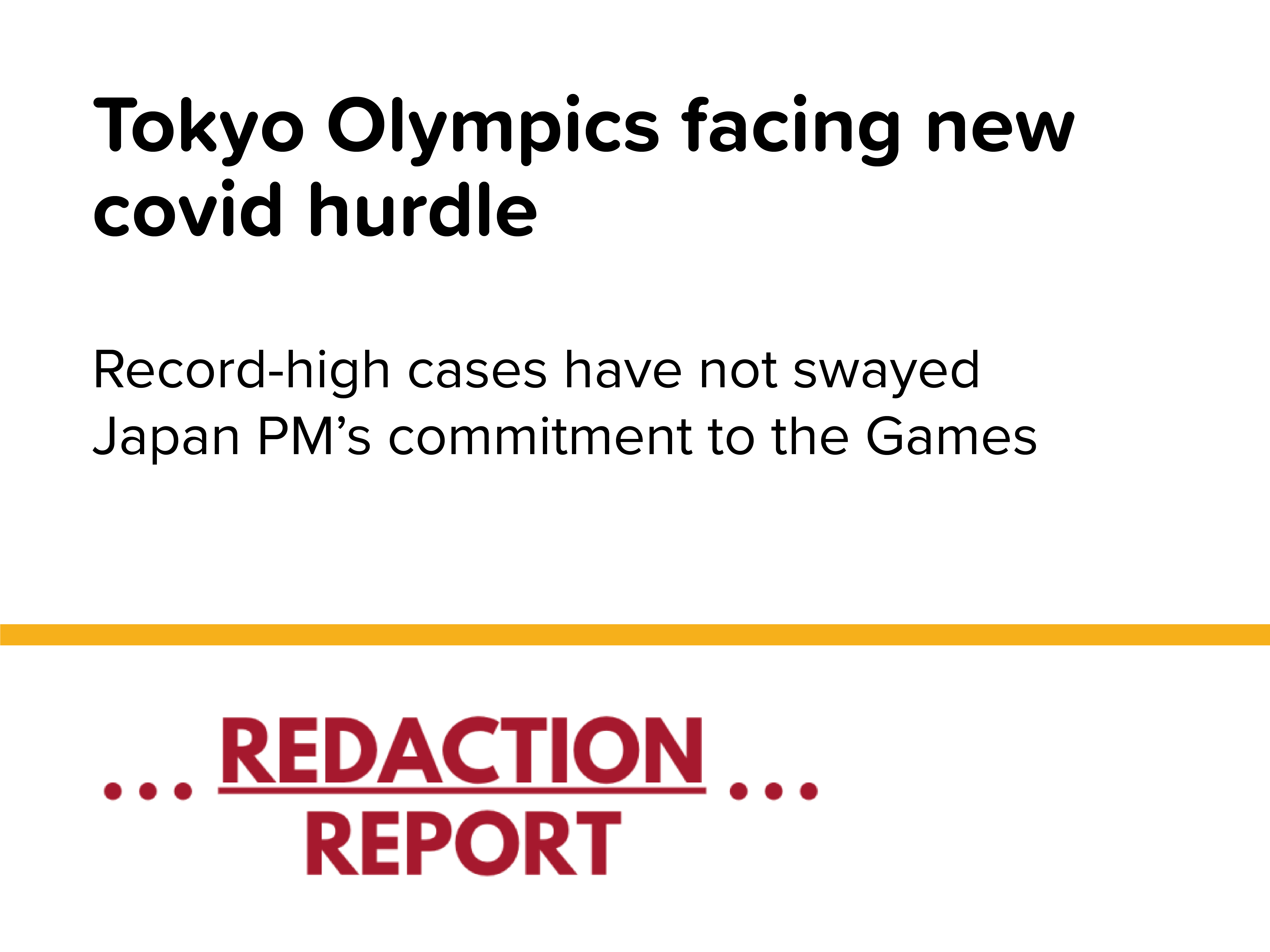Image: The Japan Times
The 'New Normal' – Japan among first to outline what measures will be in place for the long haul
The Japanese government has become the first in the world to officially define the “new normal”, promoting a set of “new social behaviour” guidelines in the wake of extending the state of emergency until 31 May.
An expert panel declared that new cases were on the rise in Japan, but emergency responses would remain in place as any uptick in infections would overwhelm hospitals.
The "new normal" will include the permanent observation of:
–Wearing facemasks outside.
–Maintain a 2 meter distance between people
–Working from home wherever possible
–Avoiding crowded spaces
–Washing hands and faces upon returning home
–Maintain a 2 meter distance between people
–Working from home wherever possible
–Avoiding crowded spaces
–Washing hands and faces upon returning home
The government advice has drawn criticism from citizens claiming the new guidelines were obvious and patronising.
“I’m dumbfounded… there are no other experts urging this kind of advice in the world – just experts in Japan,” said one Twitter user.
However, for countries that have not been as prescriptive with preventative measures, the 'curve' – of cases over time – has been harder to control.
Some critics concur with the advice but suggest that the guidelines should have been implemented much earlier as Japan sought to limit testing and socially intrusive measures.
Tokyo reported 38 new cases of coronavirus on Wednesday making for a fifth straight day of decline in the capital. This a day after Prime Minister Shinzo Abe called on experts to firm up plans to restart the economy under the new lifestyle guidelines within two weeks.
Japan has around 15,000 cases of the coronavirus and has suffered more than 500 deaths. Thus far, Japan has apparently dealt well with the virus – its rate of deaths per million is 50 times lower than the US and 100 times lower than the United Kingdom.
Asian countries now account for 7% of global cases, compared with 40% in Europe and 34% in North America. But concerns remain that poor testing and unannounced cases mask the true extent of the outbreak.
Self isolating with slippery customers
An aquarium in Tokyo has been hosting video calls with its shyest of occupants. The garden eels had seemingly “forgotten” about humans during this period of lockdown due to the coronavirus.
The eels, called chin anago in Japanese, are housed in the usually bustling Sumida Aquarium located beneath the Tokyo Skytree – but have now not seen humans for weeks.
Naturally wary of predators, the eels had become more adventurous and familiar with the passing crowds of tourists and visitors. Soon after lockdown began, keepers noticed that the fish hid in their burrows as soon as they approached.
To remedy this they used something a lot of us have become accustomed to during the outbreak of coronavirus – the video call.
By arranging five tablet computers in front of the tank and using Facetime to allow the public and eels to share a little cyberspace they are hoping to re-familiarise the creatures.
At first they hid in the sand from the digital faces pressed up against the glass. But they soon warmed to the nearly three million live viewers from across the world.
Lacking Self-Restraint
A BDSM and dominatrix club in central Tokyo is advertising that it is open and ready for business despite the restrictive measures put in place in the capital to tackle the coronavirus.
The Akasaka SM bar in Chiyoda Ward has said that it will resume its roster of acts on Thursday.
“To everyone dealing with these challenging circumstances, come and see Belle’s show,” a post on the account said.
So if you're feeling tied up at home...








